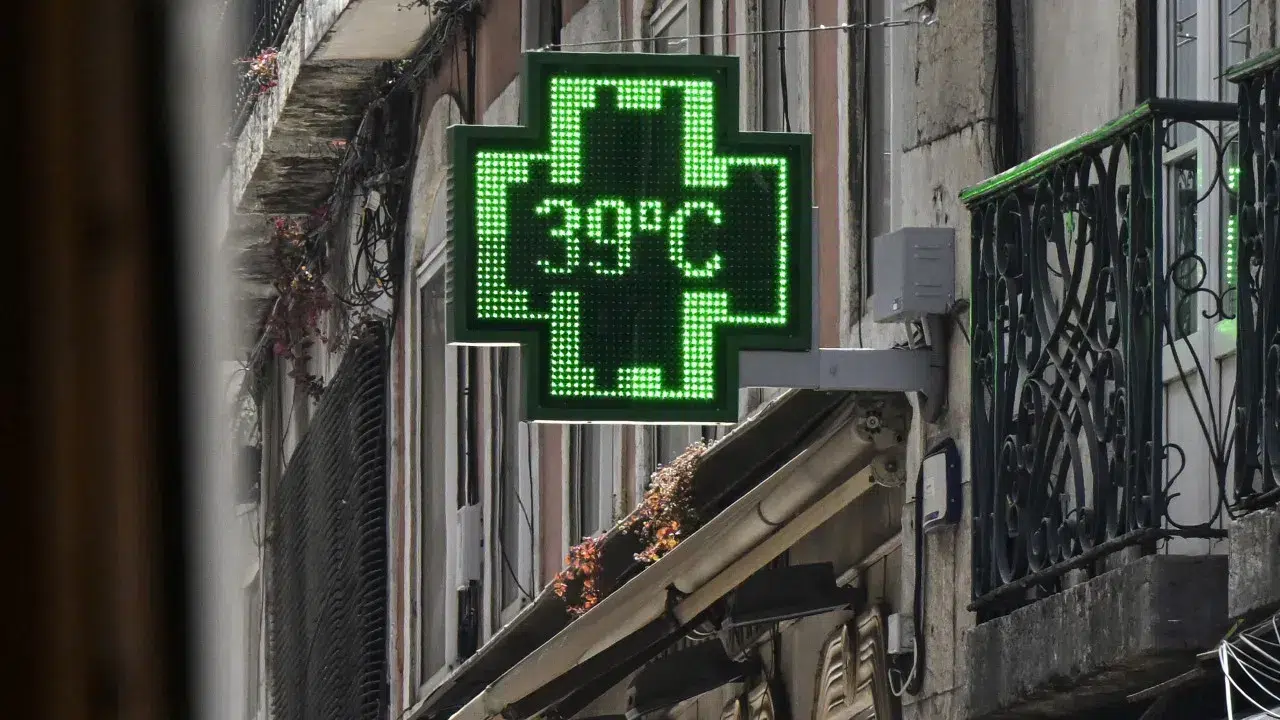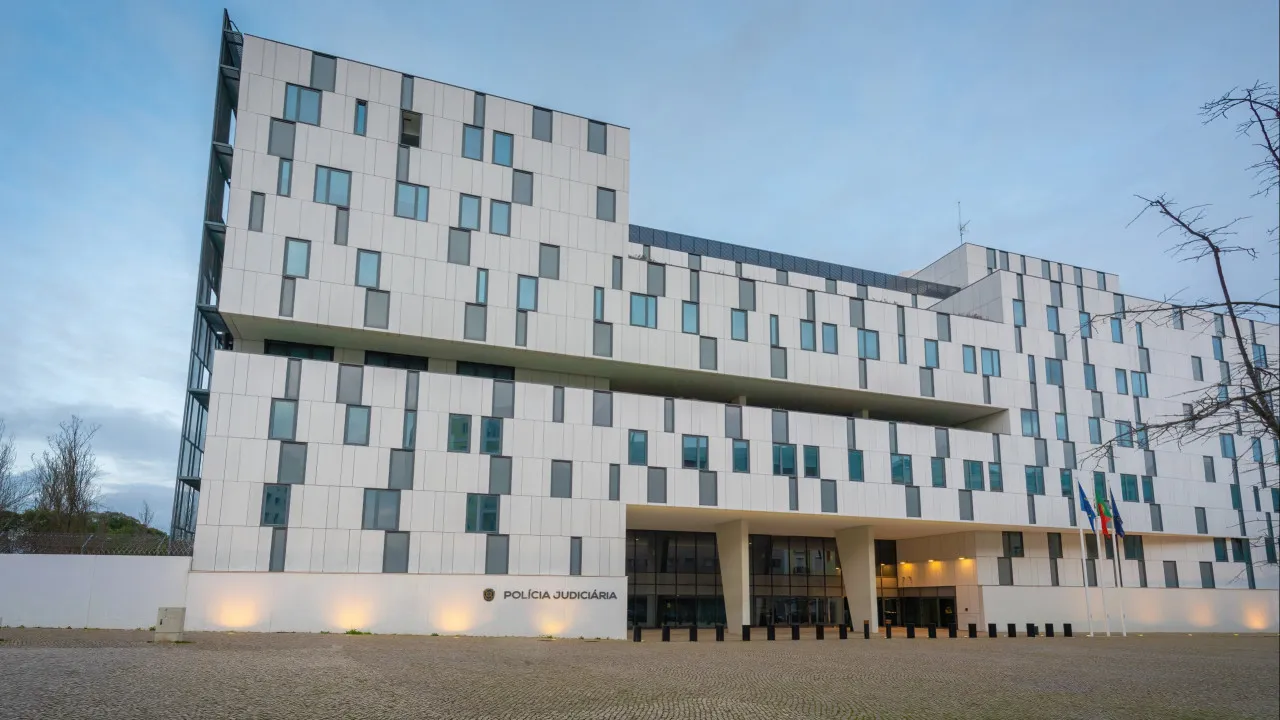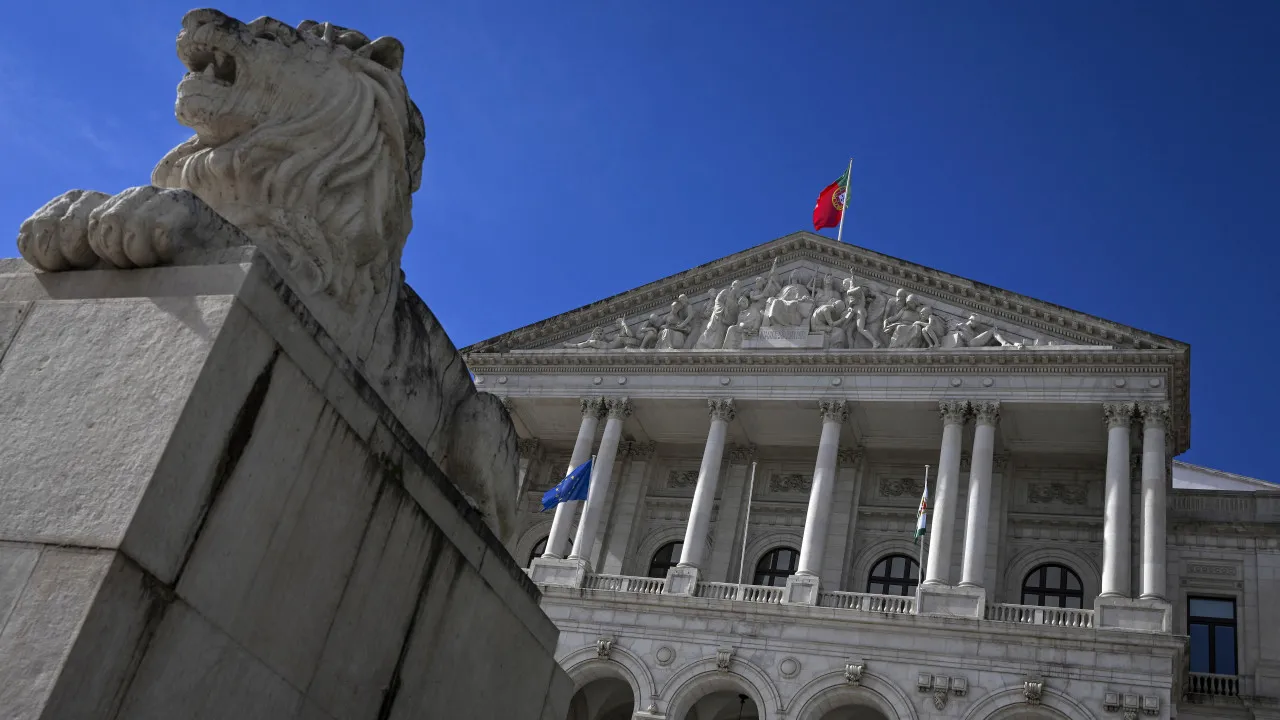
This announcement was made by Deputy Jorge Pinto during the political statements period in the Assembly of the Republic, after expressing concern that this heatwave “is not normal.”
“At a time when perceptions about security are widely discussed, it’s crucial to refocus the debate and address what truly threatens everyone’s security,” stated the parliamentarian, warning that such phenomena “will become increasingly severe.”
Regretting that deputies rejected last week’s proposal by Livre to establish a parliamentary commission of inquiry into the preparation, readiness, and planning for large-scale crises and emergencies following the energy blackout on April 28, Jorge Pinto warned about the consequences of “a lack of preparation culture.”
The deputy questioned if the country’s infrastructures, such as schools, hospitals, or courts, are prepared to face extreme weather conditions like heatwaves and emphasized the role of the State, pointing out that “it’s not necessary to reinvent the wheel,” and simple actions like a Civil Protection SMS or a social media post from the Ministry of Health would have been useful.
Jorge Pinto also criticized the PSD/CDS-PP Government for “discontinuing” the “3 C — House, Comfort, and Climate” program aimed at fighting energy poverty, and announced the introduction of a bill for energy equipment to have a VAT of 6% instead of 23%.
From the PCP bench, Deputy Alfredo Maia called for public investment in cross-sectional areas such as land planning, access to “dignified housing,” or the National Health Service (SNS) to address the consequences of such phenomena.
The communist also emphasized the importance of public control over “a set of vital infrastructures, from water collection and distribution to electrical and communication services.”
From the BE, the coordinator and sole deputy, Mariana Mortágua, warned that “denying climate change leaves people unprotected.”
PAN spokeswoman Inês Sousa Real advocated that, “similar to what is done in Germany, every investment, every cent invested in Defense should also be directed towards adapting essential infrastructures to cope with climate change.”




